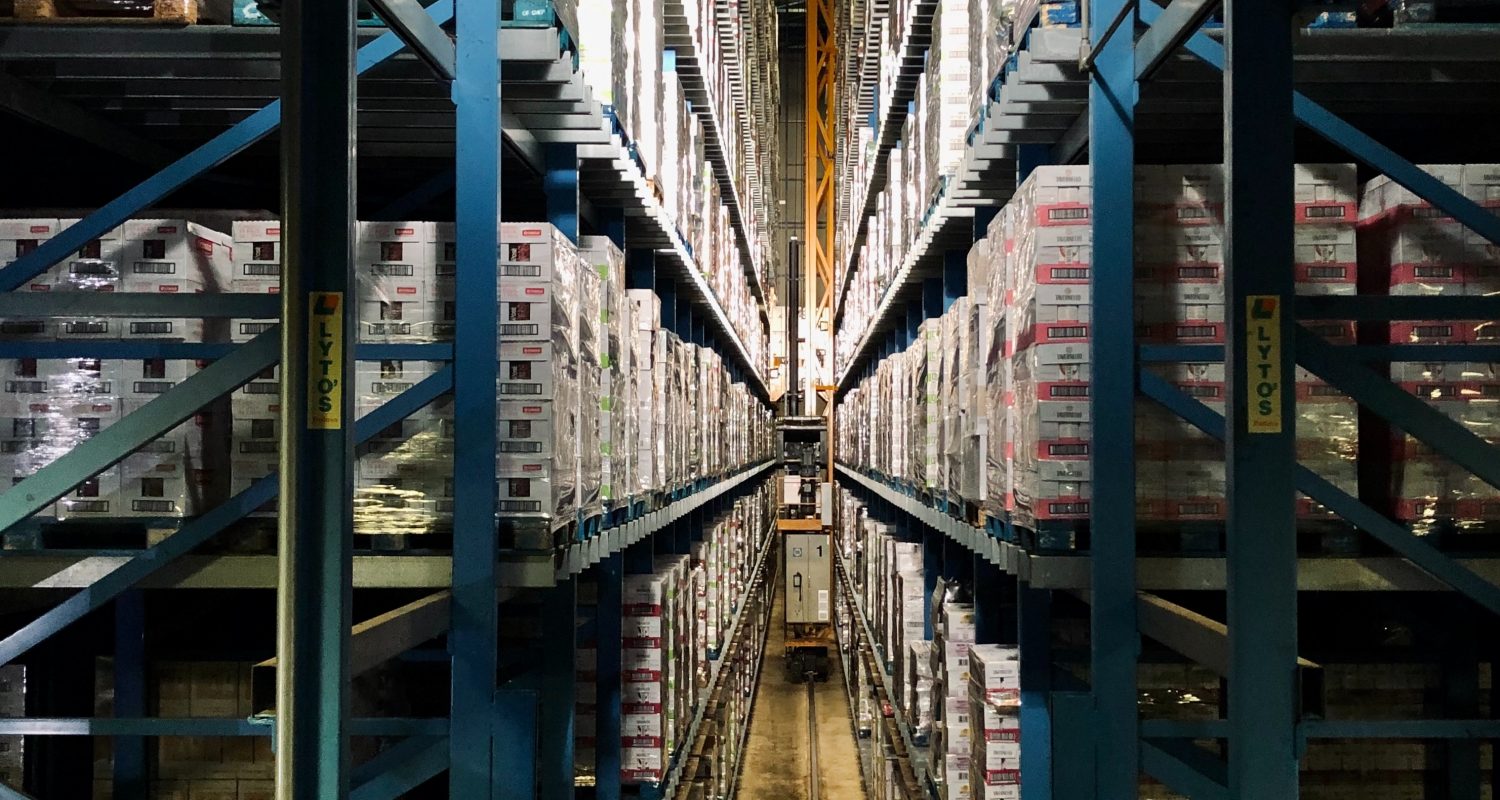Mastering the Flow: Top Online Courses for Logistics and Supply Chain Management (SCM) Excellence

What is Supply Chain Management?
Supply chain management (SCM) is the process of overseeing and coordinating the various activities involved in the production, distribution, and delivery of goods and services from the initial raw material stage to the final customer. It encompasses the entire network of organizations, resources, information, and activities required to move a product or service from its source to the end consumer.
The primary goal of supply chain management is to optimize the efficiency and effectiveness of the supply chain while minimizing costs and maximizing customer satisfaction. This involves various interconnected components and processes:
- Planning: Forecasting demand, setting production schedules, and determining inventory levels to ensure products are available when needed.
- Sourcing: Identifying and selecting suppliers, negotiating contracts, and managing relationships with vendors to obtain the necessary materials and components.
- Manufacturing or Production: Transforming raw materials into finished products through manufacturing, assembly, and quality control processes.
- Logistics: Managing the transportation, distribution, and storage of products throughout the supply chain, ensuring timely delivery and minimizing delays.
- Inventory Management: Balancing the need to have sufficient inventory to meet customer demand while avoiding excess stock that ties up capital and increases holding costs.
- Demand Forecasting: Predicting customer demand accurately to avoid stockouts or overstock situations and optimize production and distribution processes.
- Supplier Relationship Management: Building and maintaining strong partnerships with suppliers to ensure a steady supply of high-quality materials and components.
- Risk Management: Identifying and mitigating potential disruptions, such as supply chain disruptions, natural disasters, geopolitical issues, and economic fluctuations.
- Information and Technology: Utilizing advanced technology, such as supply chain management software and data analytics, to gather and analyze information about various aspects of the supply chain for better decision-making.
- Collaboration and Communication: Effective communication and collaboration among different stakeholders within the supply chain, including suppliers, manufacturers, distributors, retailers, and customers, are crucial to ensure smooth operations.
How can learning about Supply Chain Management benefit my career?
Learning about Supply Chain Management (SCM) can provide numerous career benefits for individuals:
- Increased Employability: As SCM is crucial in various industries, possessing SCM knowledge makes you a valuable candidate across sectors like manufacturing, logistics, retail, and e-commerce.
- Diverse Career Paths: SCM opens doors to roles such as logistics manager, procurement specialist, operations analyst, supply chain planner, and more, allowing you to choose a path that aligns with your interests.
- Higher Earning Potential: SCM professionals are often in demand due to their ability to streamline processes and reduce costs, which can lead to higher earning potential as you progress in your career.
- Global Opportunities: SCM involves international trade and cross-border operations, making your skills relevant in a global business landscape and potentially leading to international career opportunities.
- Critical Problem-Solving: SCM professionals tackle complex challenges, such as inventory optimization, demand forecasting, and risk management, showcasing your problem-solving skills.
- Entrepreneurial Ventures: If you’re considering starting your own business, SCM knowledge can help you design efficient supply chains and manage operations effectively.
- Cross-Functional Collaboration: SCM requires interaction with various departments like marketing, finance, and production, enhancing your ability to collaborate across functions.
- Continuous Learning: SCM evolves with technology and market trends, so learning is ongoing. This mindset of continuous improvement can positively impact your career trajectory.
- Recognition and Influence: Your expertise in optimizing supply chains can gain recognition and position you as a valuable contributor, leading to increased influence within your organization.
Do I need good mathematical skills to learn Supply Chain Management?
Having a strong background in math can be advantageous when learning Supply Chain Management (SCM), but it’s not mandatory. While SCM involves quantitative aspects, such as calculations for inventory and forecasting, modern tools assist with complex math. Basic arithmetic suffices for understanding core SCM concepts, and software automates intricate calculations. Focus on conceptual understanding, data interpretation, and decision-making. Learning resources cater to various math levels, and collaboration in SCM teams balances diverse skills. If needed, you can enhance math skills selectively. In essence, while math helps, SCM learning emphasizes interpretation and informed decision-making.
What are some good online Supply Chain Management courses?
1. Logistics and Supply Chain Management course at Hull University
- Mode: 100% online (with optional events)
- Length: two years (part-time)
- Fees: £9,800 (installments and funding options available)
- Start dates: January, May and September
- Next welcome week: 18 September 2023
- Next start date: 25 September 2023
- Application deadline: 4 September 2023
- Additional costs: Due to the nature of the subject students will need to purchase some core texts.
- Support with your application: Contact our course adviser team today for application advice.
2. Supply Chain Management at UCLan
- Mode: 100% online
- Length: two years (part-time)
- Fees: £8,300 (flexible payment options available)
- Start dates: January, May and September
- Next welcome week: 11 September 2023
- Next start date: 18 September 2023
- Application deadline: 9 September 2023
- Additional costs: Due to the nature of the subject students will need to purchase some core texts.
- Support with your application: Contact our course adviser team today for application advice.
Conclusion
In conclusion, online Supply Chain Management (SCM) courses are a flexible and accessible means of gaining expertise in this critical field. These courses cater to diverse learning styles and schedules, allowing individuals to customize their education. With experienced instructors and interactive platforms, online SCM courses offer an engaging and cost-effective learning experience. In an ever-evolving global business landscape, the knowledge and skills acquired through these courses are highly relevant and beneficial. By investing in online SCM education, individuals can position themselves for success in this dynamic field, contributing to their personal and professional growth while staying competitive in the marketplace.











